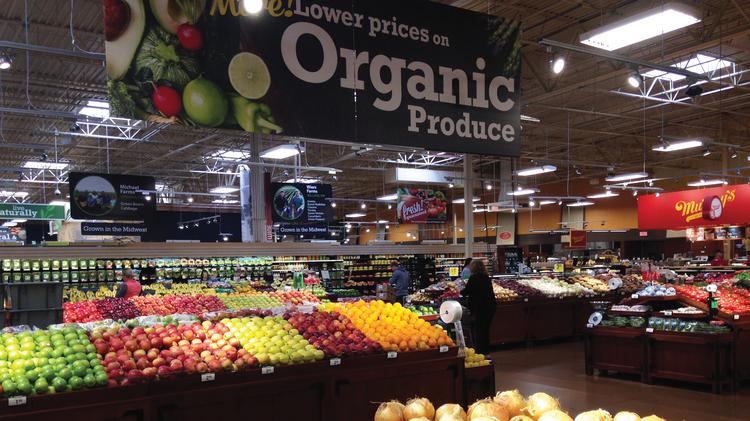It’s less expensive and more accessible.
That simple sentence would paraphrase why millions of Whole Foods shoppers are taking their business elsewhere.
A flurry of recent articles revealed that Whole Foods Market has lost as many as 14 million regular customers over the past 18 months. And the vast majority of those customers are shopping at their local Kroger store instead.
A study by Barclays analyst Karen Short identified the decrease in sales at Whole Foods, and corresponding increase in natural and organic sales at Kroger stores nationwide. In the last year, Kroger sold $16 billion in organic foods, while Whole Foods only showed $15.8 billion in sales. That’s a significant milestone as the nation’s largest grocer, Kroger, starts to beat Whole Foods at their own game.
Kroger has made significant inroads to the natural and organic food space, starting with the launch of their Simple Truth brand in 2013. The price point on Simple Truth products is, well, simply hard to beat. And the Kroger inventory of natural and organic brands has increased exponentially over that same time period.
As such, once-loyal Whole Foods shoppers can now find all of their natural and organic products at their ordinary grocery store, simplifying their lives and saving money at the same time.
It looks like Kroger is eating Whole Foods’ lunch.
How do prices at these two stores stack up?
Let’s take a closer look at a few sample brands.
Organic Valley Omega-3 Organic Large Brown Eggs (one dozen)
Whole Foods: $5.99
King Soopers: $4.49
Justin’s Almond Butter (16 oz.)
Whole Foods: $12.99
King Soopers: $9.79
Nature’s Way Vitamin C (1000 mg) 100 ct.
Whole Foods: $12.99
King Soopers: $9.99
*Prices based on Whole Foods and Kroger websites; as of May 8, 2017
Of course, this is just a small sampling and not all products will be less expensive at Kroger. But it goes to show why organic shoppers are moving by the millions to a mainstream source.
And why Whole Foods is working hard to shed their “Whole Paycheck” nickname … before it’s too late.

